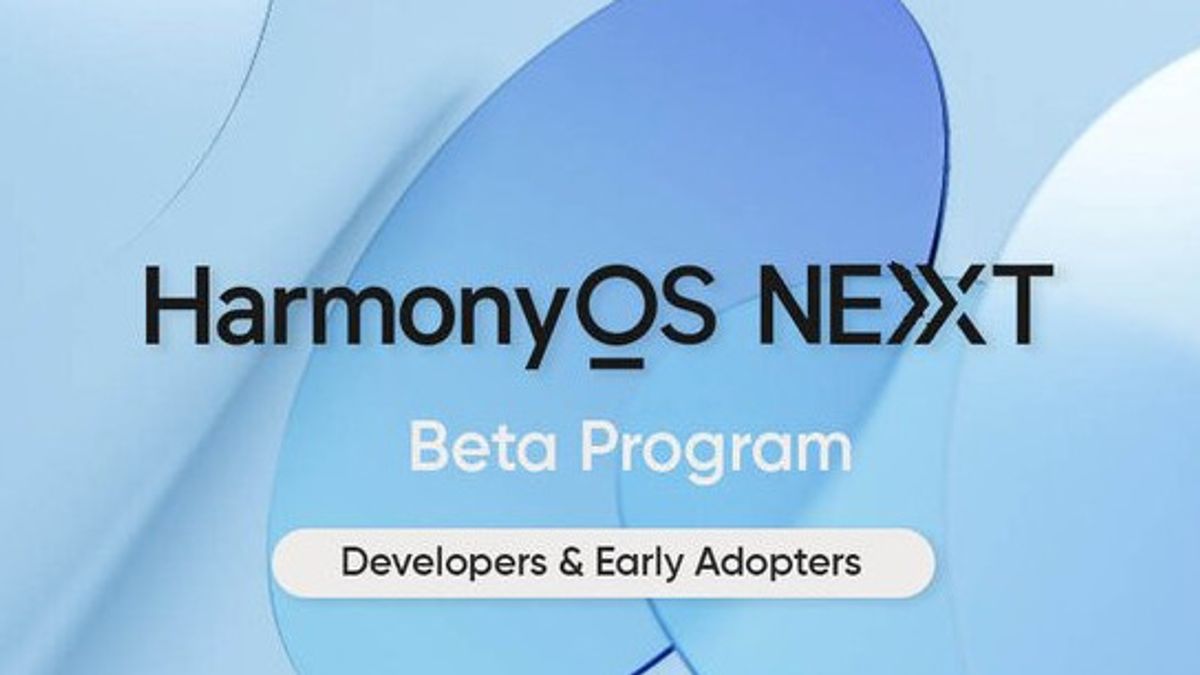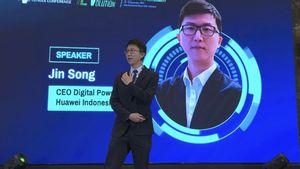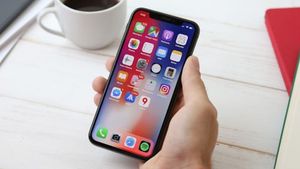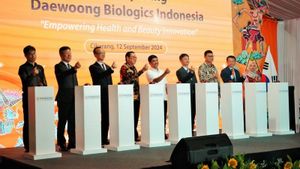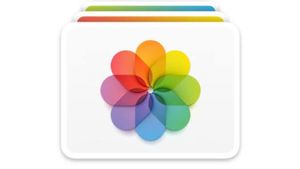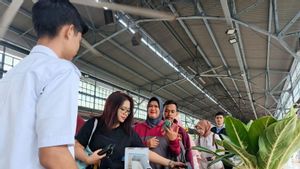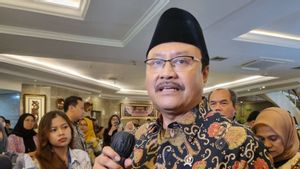JAKARTA Huawei is rumored to be releasing HarmonyOS NEXT soon, the latest version of its fully independent operating system and no longer dependent on its Android library. According to a report confirmed by Huawei to the South China Morning Post, the launch is scheduled to take place before the end of September.
This move is an important milestone for Huawei, especially after sanctions from the US restricted the company's access to Google Mobile Services services. HarmonyOS was first introduced in 2019 and was originally applied to smart TV products. A year later, this operating system began to be used on smartphone devices, and has since been adopted by millions of users on various devices, including tablets, wearables, and Internet of Things (IoT) products.
With the presence of HarmonyOS NEXT, Huawei has ambitions to go further than just replacing Android. This operating system, also known as the "Pure Blood OS" in China, is fully independent without relying on Android code. According to Chen Xinxin, general manager of HarmonyOS Industry Solutions, the platform is developed independently and autonomously.
SEE ALSO:
Support From China's Big Developers
The launch of HarmonyOS NEXT was not carried out in a void. Various major developers in China, including in the software, gaming, entertainment, and e-commerce sectors, have provided their support for creating the original HarmonyOS app. China's e-commerce giant JD.com has even completed the development of its native application which will be launched alongside HarmonyOS NEXT.
The first device to use the HarmonyOS NEXT is the Huawei Mate 70, although its launch date has not been officially announced. However, with this confirmation, the Mate 70 is expected to be a flagship not only for Huawei, but also for the future of the HarmonyOS ecosystem.
While it is not yet clear whether the HarmonyOS NEXT is capable of truly challenging Android dominance, Huawei's move to creating an independent operating system is a bold step that has the potential to change the landscape of the mobile phone industry, especially in China.
The English, Chinese, Japanese, Arabic, and French versions are automatically generated by the AI. So there may still be inaccuracies in translating, please always see Indonesian as our main language. (system supported by DigitalSiber.id)
